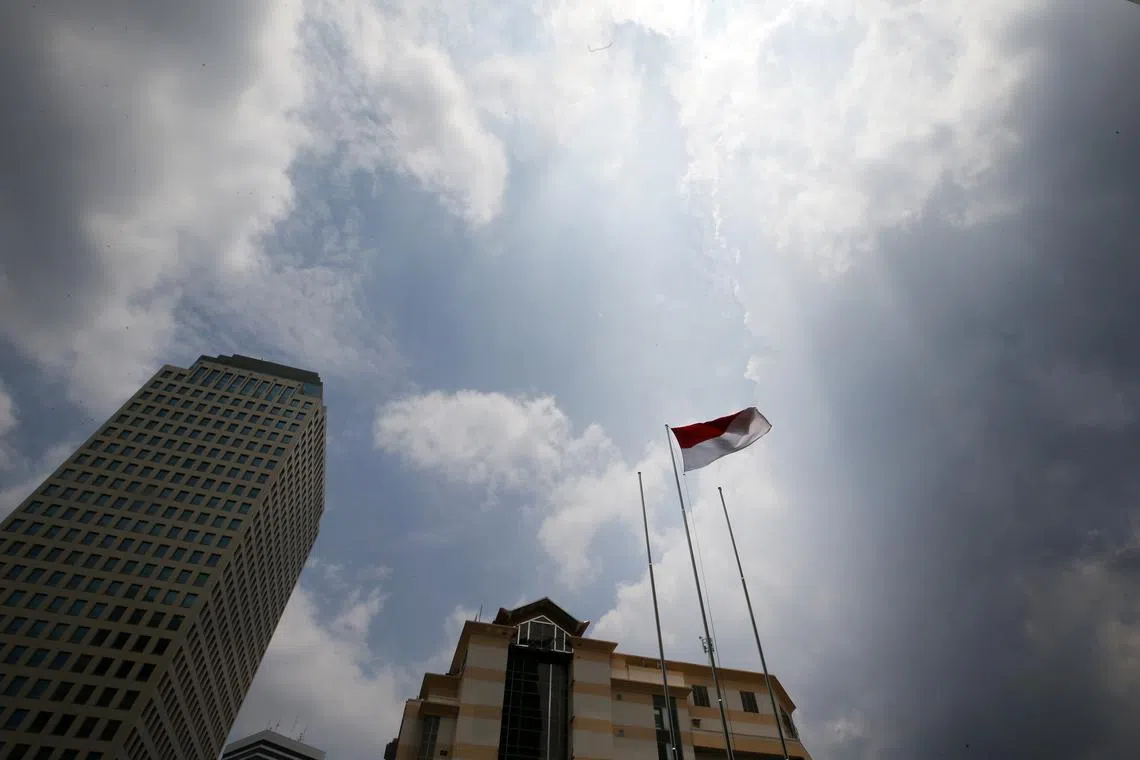Indonesia set to ratify changes to constitutional court rules
Sign up now: Get insights on Asia's fast-moving developments

Legal experts say the proposed changes could threaten the independence of the judiciary.
PHOTO: ST FILE
JAKARTA – Indonesia is set to pass revisions to constitutional court rules, ushering changes that legal experts said could threaten the independence of the judiciary in the world’s third-largest democracy.
The proposed changes will reduce the tenure of justices from 15 to 10 years, and require those who have served for over five years to get approval from appointing institutions to continue their tenure.
Constitutional court judges are appointed by the president, Parliament and the Supreme Court.
The revisions also include changes to the composition of the ethics council that oversees the court, proposing the addition of the president, and members of Parliament and the Supreme Court.
The amendments have sparked strong criticism from some legal experts.
“These changes will ruin the independence of the constitutional court,” said Ms Bivitri Susanti from Indonesia’s Jentera School of Law.
“The intention is really to put the judiciary, the constitutional court, under the control of the House of Representatives and the president.”
Parliament and the government have agreed to the Bill and will ratify it at the plenary session, said Dr Adies Kadir, deputy head of a parliamentary commission responsible for drafting it, in a statement posted on Parliament’s website.
Mr Sarifuddin Sudding, another member of the same commission, said the Bill had been agreed upon, but a date for it to be ratified had not been set.
The next plenary session is scheduled for May 20.
If passed, the revised law would apply to three judges who provided dissenting opinions in several high-profile cases, including challenges to the presidential election held in February 2024.
The amendments come amid criticism of a democratic backslide in Indonesia, during which the court has been in the spotlight, particularly after a controversial ruling in October 2023 that enabled the son of President Joko Widodo to run for office in the presidential election.
At the time, the chief justice of that court was Mr Widodo’s brother-in-law, who was later reprimanded by the court’s ethics council for allowing intervention from an unspecified “external party”. REUTERS


